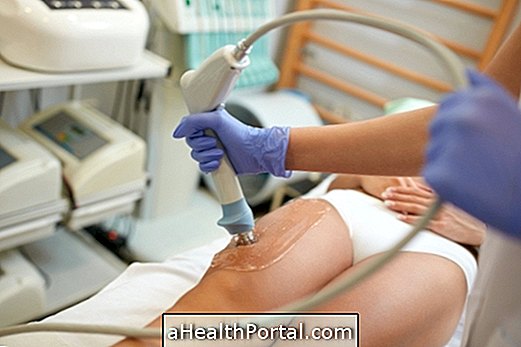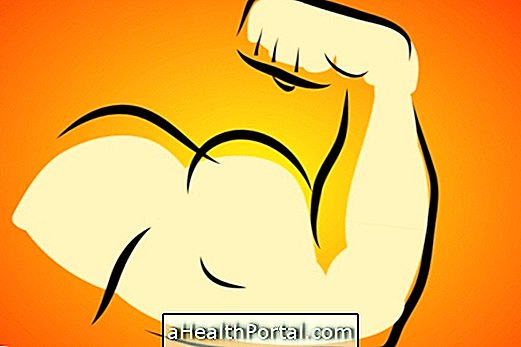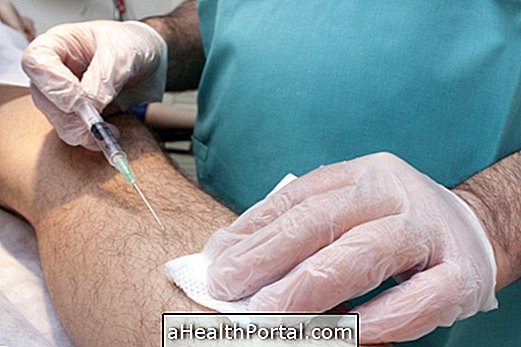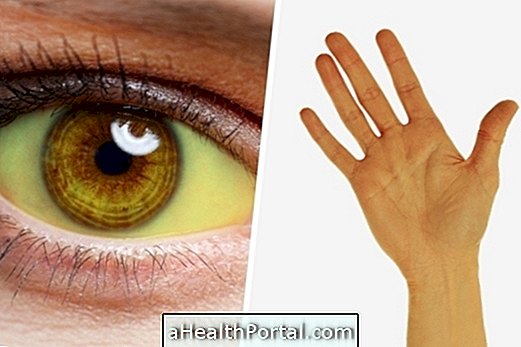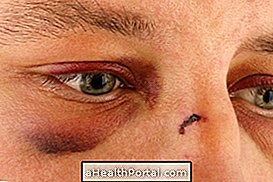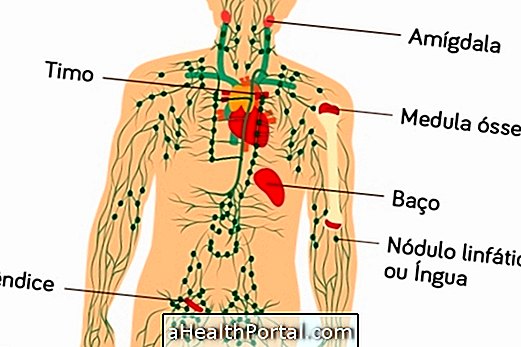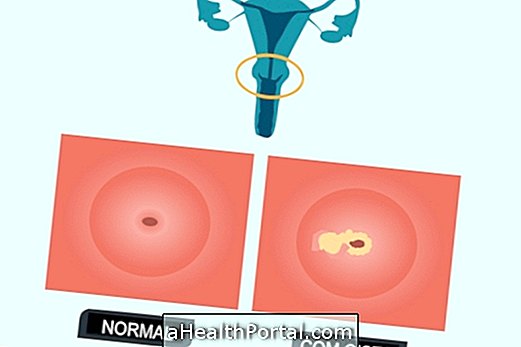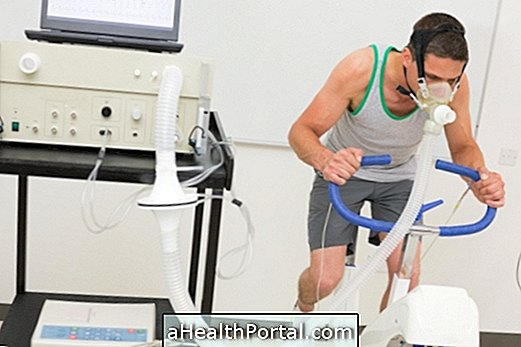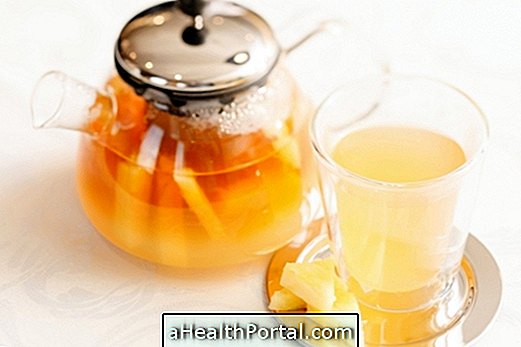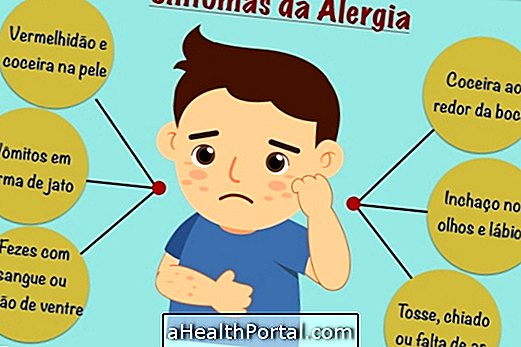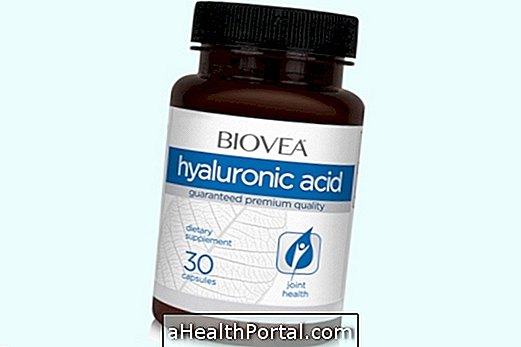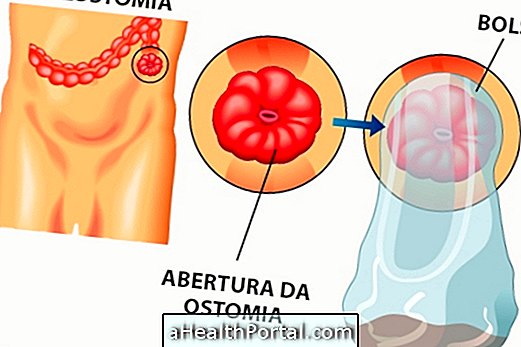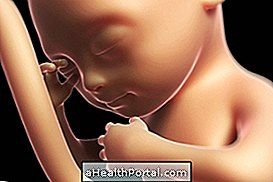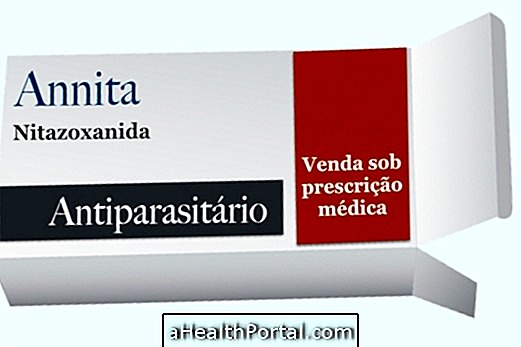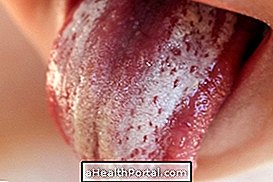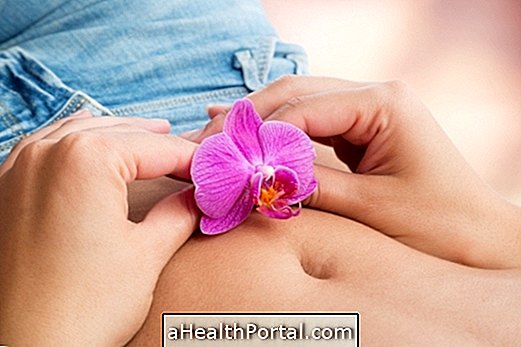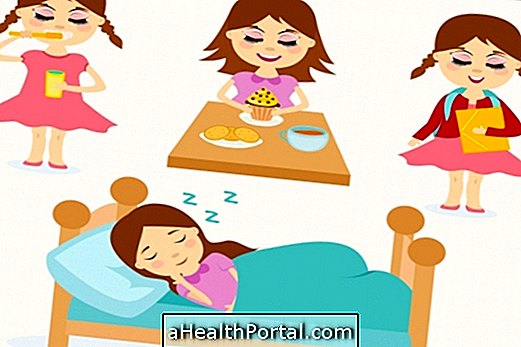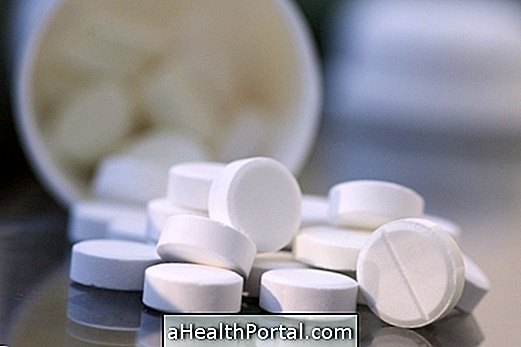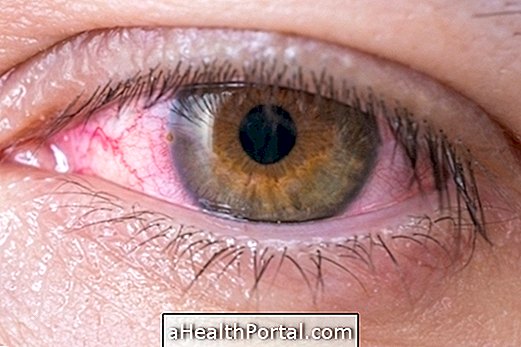Interstitial cystitis, also known as Painful Bladder Syndrome, is a chronic inflammation of the bladder walls that causes its thickening and decreased ability of the bladder to accumulate urine. Cystitis is more common in women than in men.
The cause of chronic interstitial cystitis is still unknown and its symptoms may be:
- Pain or discomfort that worsens with a full bladder;
- Frequent urge to urinate;
- Pain and tenderness of the genital area;
- Pain during ejaculation in men;
- Severe pain during menstruation.
The symptoms of interstitial cystitis vary from individual to individual and may also change over time. In more severe cases of interstitial cystitis, the patient's quality of life may be affected, leading to cases of depression.
Treatment of interstitial cystitis
The treatment of interstitial cystitis is to alleviate the symptoms, as there is no treatment to cure the disease. Some treatment options for interstitial cystitis are:
- Hydrodistension of the bladder in which the doctor slowly increases the bladder by filling it with liquid;
- Bladder training using techniques to relax the bladder;
- Bladder instillation in which drugs such as hyaluronic acid or BCG are introduced to help reduce the urge to urinate;
- Use of medications such as antihistamine, antidepressant amitriptyline or cyclosporin;
- Changes in diet, eliminating consumption of coffee, soft drinks and chocolate;
- Stop smoking.
If the previous treatment options do not work and the pain continues to be severe enough, surgery may be needed to increase the size of the bladder or, in very serious cases, to remove the bladder.
Interstitial cystitis in pregnancy
Interstitial cystitis does not appear to affect a woman's fertility and baby's health.
Some women with interstitial cystitis during pregnancy have improved symptoms of the disease, but others may worsen, with no direct relationship between interstitial cystitis and pregnancy.
If the woman has interstitial cystitis and intends to become pregnant, she should talk to her doctor beforehand to re-evaluate the medications she is using to control the disease as they may not be safe for the baby during pregnancy.
Useful link:
- Diet for Interstitial Cystitis

